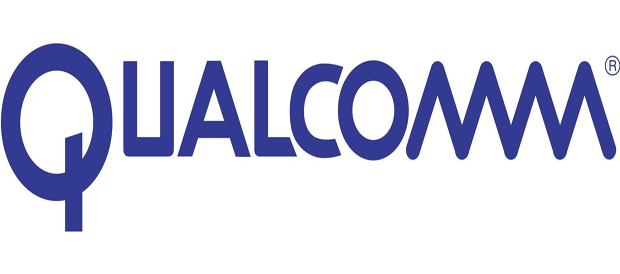Today Qualcomm has taken the leap and launched their Augmented Reality Platform for Android. Last year it was released in beta form for developers to play around with and develop apps/games for the developers challenge. Now it is available in non-beta form for developers to actually release apps and games commercially.
The current version stands a v1.0 and will be available for developing with any Android device sporting Android 2.1 or higher. Of course with their Snapdragon chipset, Qualcomm says it’ll perform better on those than other chipsets available inside Android devices. For those developers wondering, the Augmented Reality SDK supports native Android development including use with the Android SDK and NDK.
We did get so see some examples of the winning games at GDC 2011 from the Android developers challenge Qualcomm recently held, first place going to a game called Paparazzi. If you want to grab the new Qualcomm AR SDK, just head on over to the developer portal and grab it. Full press release below for full details.
Developer Website: Qualcomm
Website Referenced: Android Community
Qualcomm Announces Commercial Release of its Augmented Reality Platform
Platform Enables Android Developers to Create and Distribute Vision-based AR Applications
SAN DIEGO — April 27, 2011 — Qualcomm Incorporated (NASDAQ: QCOM) today announced the immediate commercial availability of its Augmented Reality (AR) Platform for Android smartphones. Offered through Qualcomm’s online developer network, this 1.0 release marks the successful completion of the Company’s beta program. Developers can now build, market and commercially distribute applications based on the Qualcomm AR platform.
Qualcomm’s award-winning AR platform will enable a broad range of experiences that entertain, engage and inform consumers with a new form of interactive media. The platform’s rich feature set enables developers to build high-performance, interactive 3D experiences on real world images, such as those used in print media (books, magazines, brochures, tickets, signs) and on product packaging.
The platform supports multiple development environments. The Qualcomm AR Android SDK supports native Android development with the Android tool chain, including the Android SDK and NDK. The Qualcomm AR Unity Extension supports rapid development with the Unity 3 game development tool. A web application is also included for creating and managing image resources that can be used with either development environment.
Industry-leading performance is achieved through Qualcomm’s innovations in advanced computer vision algorithms and close integration of hardware and software. The effect of this performance is a higher fidelity user experience in which graphics content appears more real against the real world background. While applications built on the platform will run on all Android smartphones using Android 2.1 or greater, optimal performance will be exhibited on phones using Qualcomm’s Snapdragon™ chipset.
“Qualcomm has a long history of providing advanced technologies that drive innovation and opportunity for the mobile ecosystem,” said Jay Wright, senior director of business development, Qualcomm. “We continue the tradition by making leading AR technology widely available to developers for commercial use. With more than 6,000 registered developers, we look forward to a new generation of AR applications available in the Android Market and other application stores.”
Qualcomm and BigPlayAR recently collaborated with the Dallas Mavericks to introduce the first commercial application using Qualcomm’s platform. Mavs AR, a game developed by Big PlayAR, has enabled fans attending the Mavs playoff games at American Airlines Center to point their smartphone running the Mavs AR application at their ticket to play a virtual basketball game in the palm of their hands.
“We are thrilled with Mavs AR – it has really added a new layer of fun and interaction to the Mavs fan experience,” said Mavs owner Mark Cuban. “Based on the game’s success, we expect to use AR for future fan promotions, and Qualcomm’s AR platform has demonstrated itself as a powerful platform for creating these types of 3D experiences.”





